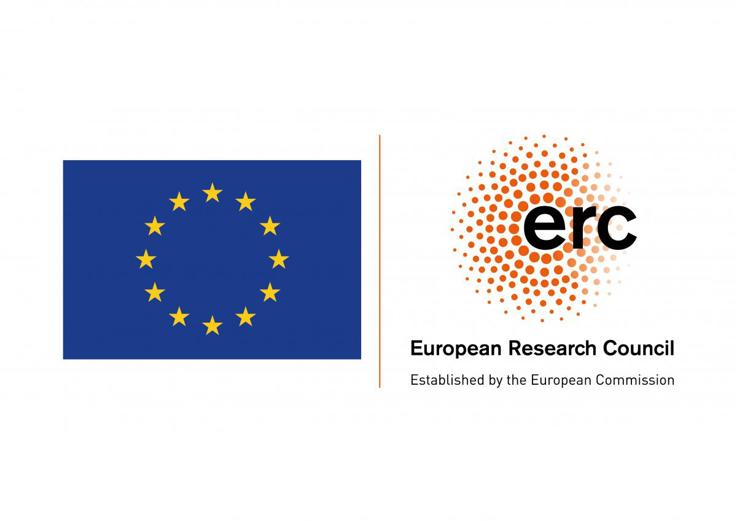ERC Starting Grant: INFERTILITY - Understanding the causal nature of the relationship between infertility and cardiovascular disease
Project
|Last update
The INFERTILITY project aims to fill several existing knowledge gaps to understand the nature of the relationship between infertility and cardiovascular disease.
Summary
The burden of infertility is high across Europe. Modest evidence indicates that infertile couples might have an increased risk of cardiovascular disease (CVD), but several questions need clarification to establish a cause-and-effect relationship.
Summary
The INFERTILITY project, an ERC Starting Grant, will aim at filling several existing knowledge gaps to understand the nature of the relationship between infertility and CVD. This includes understanding: whether both infertile men and women have an increased risk of CVD; how well-known risk factors for CVD (blood-pressure, body-mass index, cholesterol and smoking) relate to infertility; whether there exists common genetic determinants of infertility and CVD; and whether the connection between infertility and CVD in women can be explained by the use of assisted reproductive technologies or pregnancy complications.
The working hypothesis of INFERTILITY is that both infertile men and women have an increased risk of CVD, and that this might at least partly reflect a greater burden of CVD risk factors. We will test this by using data from cohort studies and national health registries in Norway and the United Kingdom. We will use genetic markers as instrumental variables to establish the relationship between CVD risk factors and infertility. This is vital to understand whether infertile couples truly have an increased risk of CVD or whether infertility instead reflects a pre-existing propensity for CVD. We will conduct a genome-wide association study of infertility and identify overlapping genetic markers between any findings from this investigation and published studies of CVD. The INFERTILITY project will also clarify whether offspring cardiometabolic health trajectories differ according to parental fertility problems. This will highlight whether any relationship between infertility and CVD also crosses generations.
The INFERTILITY project will elucidate whether infertile couples should be followed more closely to mitigate their risk of CVD and whether interventions targeting well-known CVD risk factors could reduce the burden of infertility.
The project team and expertise
The project is based at the Centre for Fertility and Health at the Norwegian Institute of Public Health, with Maria Magnus as Project leader. One PhD and two post doc researchers will be employed during this five-year project. We will also collaborate with researchers from the University of Bristol with extensive experience with the ALSPAC cohort and methods used in Mendelian randomization, researchers at the Norwegian University of Science and Technology with extensive experience with the HUNT cohort, and reproductive epidemiologists at Harvard University and the U.S. National Institute of Environmental Health Sciences.
Project leader
Maria Christine Magnus, Norwegian Institute of Public Health
Project participants
Håkon Kristian Gjessing, Centre for Fertility and Health, Norwegian Institute of Public Health
Siri Eldevik Håberg, Centre for Fertility and Health, Norwegian Institute of Public Health
Bjørn Olav Åsvold, HUNT Research Centre, Norwegian University of Science and Technology
Astanand Jugessur, Genetics and Bioinformatics, Norwegian Institute of Public Health
Janet Rich-Edwards, Harvard School of Public Health
Abigail Fraser, University of Bristol
Deborah A. Lawlor, University of Bristol
Start
01.02.2020
End
31.12.2025
Status
Active
Approvals
Regional committees for medical and health research ethics
Project owner/ Project manager
Norwegian Institute of Public Health


